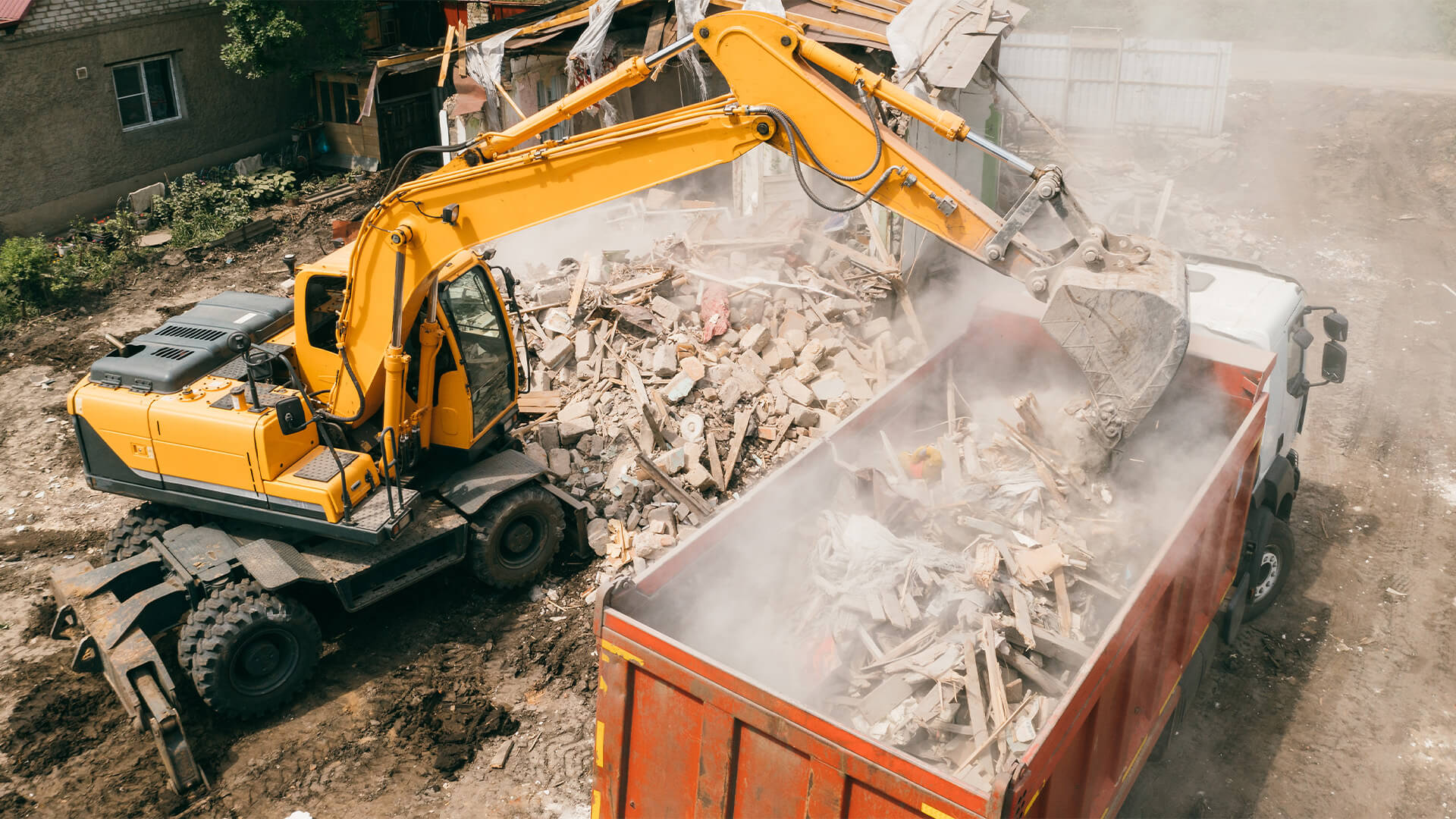As concerns over environmental issues rise around the globe, the world’s waste rises too. Many different sectors are looking at ways to address this, particularly the construction industry, where excess waste is a particularly pressing issue.
Wrap recently released a study that exposed the construction industry as being the UK’s biggest consumer of natural resources. The study points out that the sector uses 400 million tonnes of material each year, which as a result sees 100 million tonnes becoming waste. To put this in perspective, this level of waste contributes to over a third of the UK’s total yearly waste amount.
With this in mind, we ask what the construction industry can do to reduce the amount of waste being produced.
Waste in the construction sector
Allan Sandiland’s report on Resource.co indicates that a lack of media coverage plays a key role in the publics’ insufficient response when it comes to waste, particularly within construction.
Whilst the effect of plastic pollution on wildlife has been heavily documented, Sandilands notes that the construction industry, which he refers to as ‘the silent sector’, has not received the same level of coverage. He goes on to suggest that low enforcement compliance, discordant procurement stipulation, and the habit of shifting the blame from clients to contractors, are key factors in the construction sector failing to manage its waste responsibly.
The only way that the construction sector would be able to change its attitude towards waste, is through widespread education on the benefits of recycling and reutilising materials.
Wrap highlights how the construction sector is missing out on more than just the benefits of reducing waste. Tackling construction site waste can help to:
- Save natural resources
- Keep compliant with legislation
- Reduce CO2 emissions as well as waste levels
- Reduce costs of purchasing materials by reusing materials instead
- Bring in money by collecting and recycling materials
What can be done?
With this in mind, what actions can the construction sector take to improve waste management and reap the benefits?
One method would be to establish a Site Waste Management Plan (SWMP). This plan helps sites to keep track of their waste, as well as outlining how waste material can be reused or recycled where possible.
Although this may sound like a huge undertaking, the project would benefit the industry in the long run. Waste management suppliers, such as leading hazardous waste management experts Reconomy, can advise you on how to create a Site Waste Management Plan. They can also advise on the best ways to segregate your waste material, which skips you need, and how to safely dispose of any hazardous materials.
In the event that companies are unable to reuse or repair, they can opt to recycle. In addition to being the best option for the environment, increasing your recycling efforts can save you money on landfill tax. An outsourced waste management provider will be able to provide advice on how to get started.
The World Economic Forum recently revealed a new material that could help manage and reduce waste by utilising excess food. In fact, the source reports that some companies have already begun to tap into this resource; the use of mushrooms for creating bricks in a tower construction, building materials made out of corn cobs, wheat, and even banana plants. Pineapple as a leather substitute, fabrics from citrus peels — if these ideas catch on, the issue of construction waste could be combatted hand-in-hand with waste from other sectors.
The construction industry is not alone in needing to address its waste problem, all sectors across the UK that generate large amounts of waste need to make an effort. It is the responsibility of the sector to do as much as possible to reduce, reuse, and recycle its materials wherever possible.
































